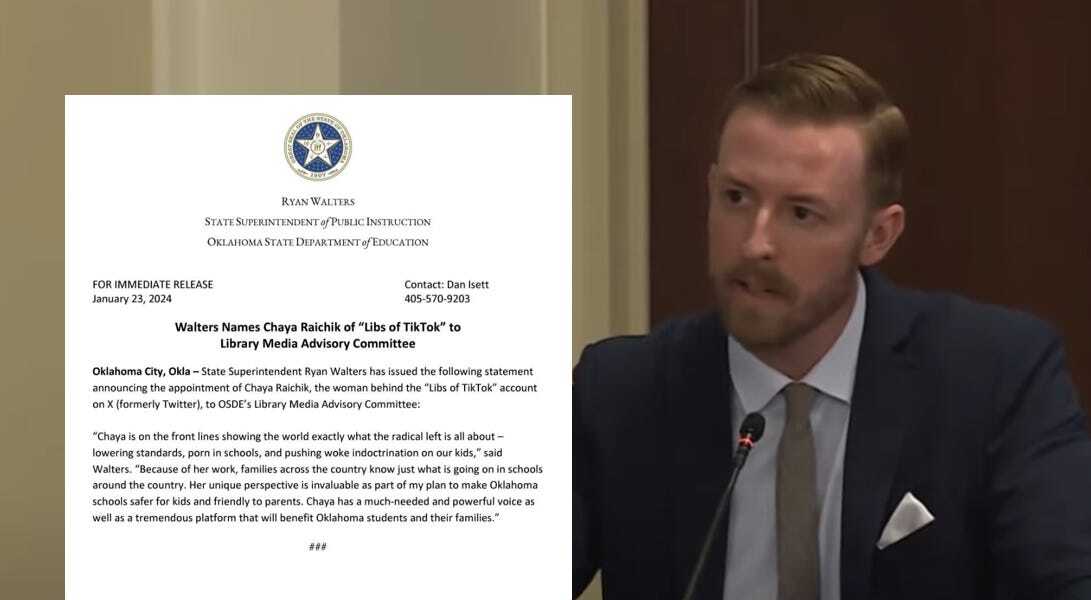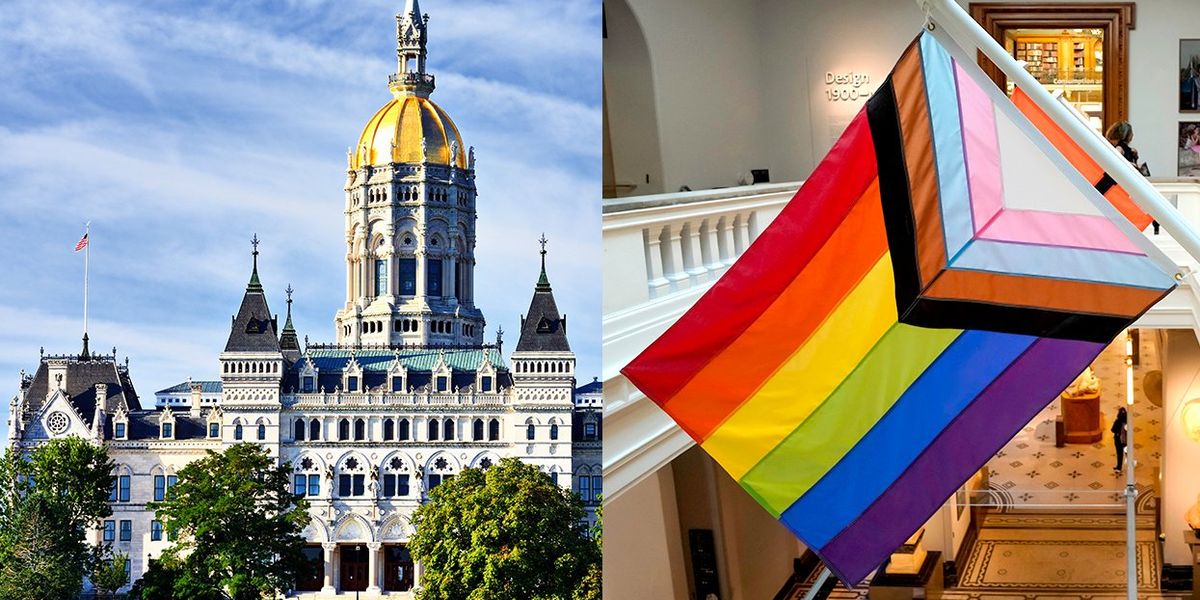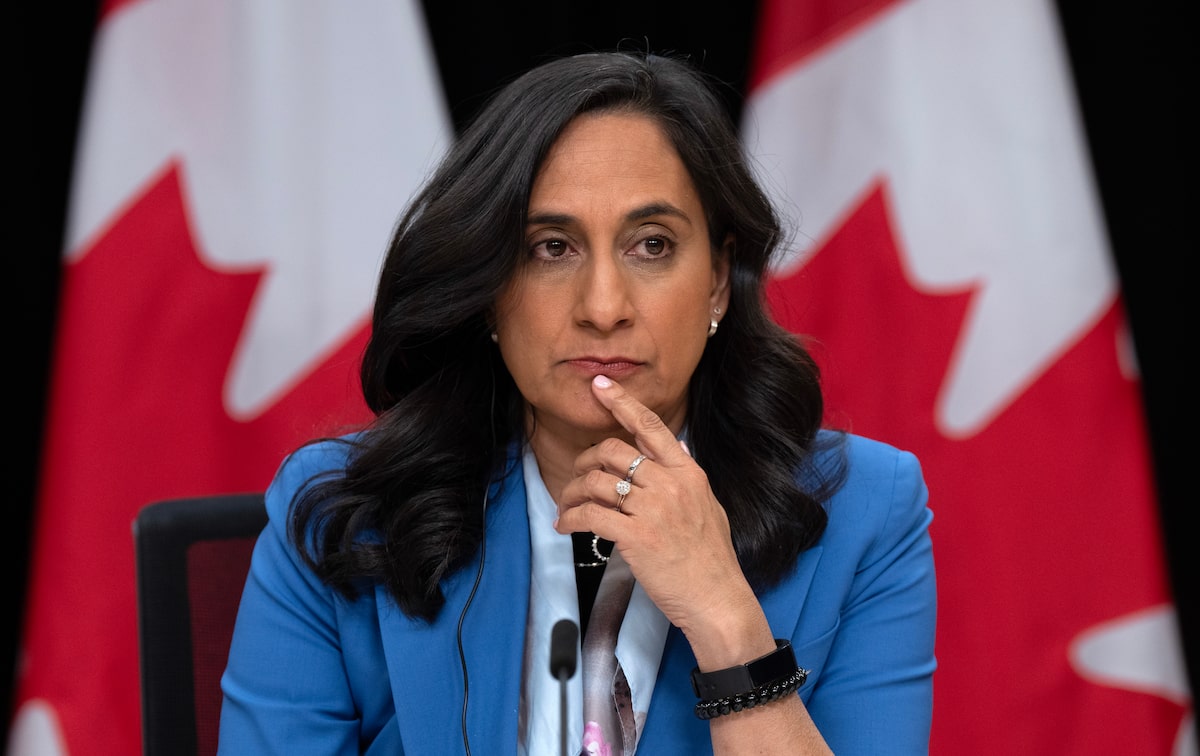tree
Billy Pilgrim has come unstuck in time.
He has seen his birth and death many times, he says, and pays random visits to all the events in between.
- 113 Posts
- 18 Comments

 1·5 months ago
1·5 months agoThe obvious difference being my/others mastodon posts aren’t showing up on wordpress and being monetized. One way federation to masto doesn’t matter bc it isn’t data farming / putting ads on masto content.

 5·5 months ago
5·5 months agoYeah I’ve seen almost no movement against Tumblr while everyone got very riled up about Meta federation ie fedipact, probably a blindspot bc users have positive associations with tumblr, but it’s still an ad/data company all the same.

 12·6 months ago
12·6 months agoThis guy would probably explode if he found out someone said he was inspired by Karl Marx

 1315·9 months ago
1315·9 months agoRegardless of bringing up the holocaust (which is not something that should generally be said) going straight into you’re a cow these words rhyme with cow is just a lazy bodyshaming misogny 1 2 punch, and in that sense the joke is definitely the problem even if you excuse the bringing up concentration camps because they’re both Jewish, an aide to the most progressive LA councilman shouldn’t be calling anyone a cow on the timeline

 3826·9 months ago
3826·9 months agoperson who definitely read the article, linking this site should get you ip banned from lemmy imo
mmmmmmm factcheck this source is not the newyork washington nbc tribune DEBUNKED
source is antisemetic, evidence… I made it the fuck up, take my word for it because I am THE ARBITOR OF FACTS
you only read the headline, read the article

 71·10 months ago
71·10 months agogood summary

 1·10 months ago
1·10 months agoyeah sure the party in an alliance with the workers party and green party are the real centrists tm

 83·10 months ago
83·10 months agoAMLO is not a saint but MORENA is far bettter than her centrist coalition, although DW gives her a glowing review lol, no question MORENA is nonetheless the clear viable choice for progressives

 2·10 months ago
2·10 months agoA lot of the time the business is not as important as the visa itself, if you’re filthy rich you can just set up a random business and have a back up plan in case you get chased out of your original country, esppecially if Indonesia doesn’t extradite

 6·10 months ago
6·10 months agoYou’re forgetting Bali is in Inonesia, a lot of rich people would probably like to get a visa + vacation house there, especially rich people who live closer to it like rich Russians, Indians, etc.

 2·11 months ago
2·11 months agohttps://ghostarchive.org/archive/eEtzd
ghost archive link if you don’t want to login to the intercept

 2·11 months ago
2·11 months agoty
ty

 11·11 months ago
11·11 months agoContinued :
But in recent months, Mr. Biden and his aides have been talking to Saudi officials about their country establishing diplomatic relations with Israel, which would be a major geopolitical coup. In those discussions, the Saudis have asked the United States for security guarantees, more lethal weapons and help with a nuclear energy program. Mr. Biden might speak with Crown Prince Mohammed bin Salman, the de facto leader of Saudi Arabia, on the sidelines of a leadership summit of the Group of 20 nations next month in New Delhi, India.
Some members of Congress, mostly Democrats, have strongly criticized Saudi Arabia for its human rights record, including its yearslong war in Yemen. Those lawmakers will almost certainly raise further doubts about selling more arms to Saudi Arabia or working with it on a civilian nuclear program, which some U.S. officials fear could be cover for a nuclear weapons program.
Among those briefed on the killing last December by United Nations officials was Steven H. removedin, the U.S. ambassador to Yemen, according to a person who was present. Around that time, the United Nations also shared information with others at the State Department and with diplomats from France, Germany, Holland, Sweden and the European Union, this person said.
Inside Yemen, the border killings are anything but secret. Some attacks are reported on Yemeni television, and many of those wounded end up in Yemeni hospitals.
“We face these cases daily coming from the border areas: dead and seriously wounded, women, old people and children,” Mujahid al-Anisi, the head of the emergency unit at al-Jumhori Hospital, a Yemeni facility near the main crossing zone, told the The New York Times by phone on Wednesday.
The hospital receives an average of four or five cases a day, he said. Many are found by the road unconscious and driven 12 hours to the hospital with wounds in their heads, chests and abdomens that require urgent surgeries. Some need amputations. About one in 10 are women.
“These people arrive so worried and badly wounded,” he said.
Aid workers and United Nations officials have been tracking the violence since early last year, but international efforts to investigate the matter have been few, and public efforts to make it stop even fewer.
That’s because of many factors, aid workers said. Delivering aid in war zones like Yemen requires not angering one’s hosts, including the rebels who control northern Yemen and facilitate human trafficking, or one’s funders, which in some cases includes Saudi Arabia.
Rights violations, no matter how grave, rarely take priority when diplomats do business with their counterparts from rich partners like Saudi Arabia. And most efforts at accountability first call for Saudi Arabia to investigate itself, which it has shown little willingness to do.
Further limiting attention to the killings is their location, in an inaccessible border zone, where journalists, activists and other independent observers can’t witness events.
Fatigue among donors and the public with Yemen’s complicated, eight-year war also plays a role, as does the fact that the mostly Ethiopian migrants crossing Yemen are unlikely to show up in Europe.
“There is no risk for anyone, so they don’t pay attention to the problem,” said Ali Mayas, who has researched migration issues at Mwatana, a Yemeni human rights group.
Human rights groups have long documented threats to migrants from East Africa who cross the Gulf of Aden to Yemen and head north toward Saudi Arabia, where they hope to find work or escape political persecution. They started getting reports of increased violence on the border about two years ago.
Last September, Mwatana reported that the bodies of about 30 Yemeni and Ethiopian migrants had been found on May 12, 2022, on the Saudi side of the border, some bearing gunshot wounds or signs of torture. A State Department human rights report on Saudi Arabia’s acts in 2022 mentioned Mwatana’s research in a paragraph.
The Missing Migrants Project of the International Organization for Migration found that at least 788 migrants had died near the Saudi border in 2022, mostly from artillery or gunfire. The actual number of those killed was likely much higher, the organization said.
Last October, a group of United Nations experts confronted Saudi Arabia with reports similar to what Human Rights Watch would later find. They cited allegations that border guards had shot at migrants, killing as many as 430 in the first four months of 2022, and raped women and girls, sending some back to Yemen naked.
The experts said that, if confirmed, the incidents would indicate “a deliberate policy of large-scale, indiscriminate and excessive use of lethal force” to deter migrants and urged Saudi Arabia to rein in its forces.
The kingdom denied the allegations and said it needed more detail in order to investigate.
Nadia Hardman, the lead researcher on the Human Rights Watch report, said Western governments struggled with how to press Saudi Arabia on human rights.
“What is conceivable in the face of a country that just doesn’t care about its human rights record?” she said.
In a phone interview, Morris Tidball-Binz — the United Nations’ special rapporteur on extrajudicial, summary or arbitrary executions — who is a signatory to the experts’ letter to the Saudi government, said he was not surprised that the issue had received little attention. The events happened in a remote place, he said, “where the authorities are not known for being highly committed to respecting and protecting human rights.”
But he said he hoped increased public scrutiny would make a difference.
“The immediate reaction of denial is a typical one,” he said of the Saudi response. “But I am still hoping that we’ll see some improvements in terms of respect for, if not protection of, these migrants.”
Shuaib Almosawa contributed reporting from New Delhi, and Mark Mazzetti contributed from Washington.
Ben Hubbard is the Istanbul bureau chief. He has spent more than a dozen years in the Arab world, including Syria, Iraq, Lebanon, Saudi Arabia, Egypt and Yemen. He is the author of “MBS: The Rise to Power of Mohammed bin Salman.” More about Ben Hubbard
Edward Wong is a diplomatic correspondent who has reported for The Times for more than 24 years from New York, Baghdad, Beijing and Washington. He was on a team of Pulitzer Prize finalists for Iraq War coverage. More about Edward Wong

 22·11 months ago
22·11 months agoI usually just block/ sometimes block and report, but don’t reply to bad faith comments like that but I imagine they probably get piled on for doing it as there will be way more comments in my thread than I can look at

 6·11 months ago
6·11 months agoI definitely would not pin this all on Libya as migrants are coming from all over Africa not just from instability in North Africa, you can say that there is more smuggling and it’s more of an industry post Gaddafi, but it ultimately comes down to colonialism and imperialism, it’s almost 1 to 1 with the US and Latin America, people want to seek out opportunity in richer countries for their families and to work for higher wages and there virtually aren’t any opportuninities to do that legally, but tragically for many, getting to Europe from Africa (or to a lesser extent West Asia) is much harder and much more life threatening than getting to the US from Latin America.
 291·11 months ago
291·11 months agoYou can just see it some areas, run down houses in need of renovation or at least a paint job with brand new shining pick ups in the driveways, it’s fair game if you actually tow things or plough snow, but other than that just pissing away money for a fancy new car that for the most part do like 15mpg























IT WAS ALL THOSE DAMN AVOCADOS, WHY DIDN’T WE JUST SIMPLY STOP EATING THOSE AVOCADOS